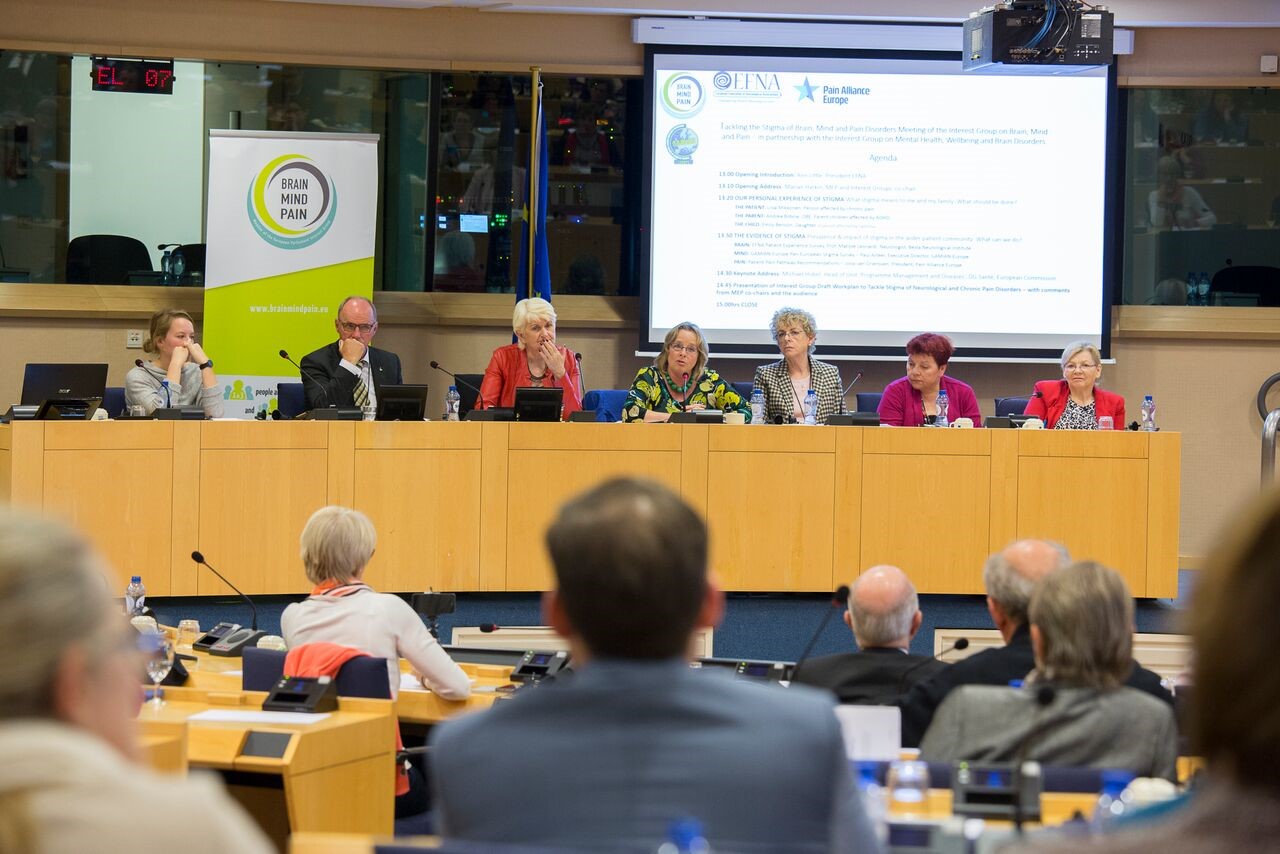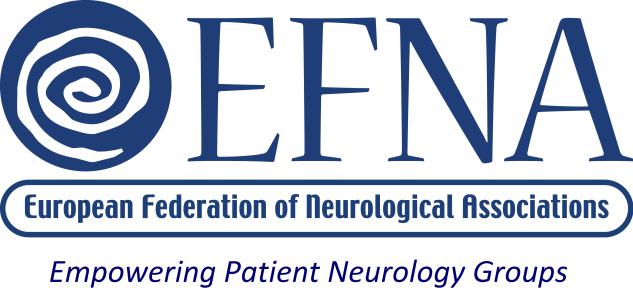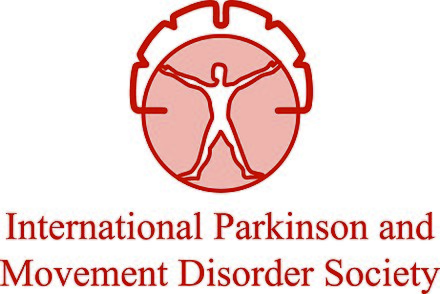How do neurological patients and their families experience stigma? That was the subject of a European Parliament meeting on 14 October, 2015
“Neurological, chronic pain and mental health conditions are not widely recognised or understood by the general population. Negative attitudes towards people with these conditions include ignorance and fear about the disorders, and their causes and impact. This results in behaviours ranging from blatant expressions of prejudice through social exclusion” said Ann Little, President of the European Federation of Neurological Associations (EFNA).
“Stigma is an old Greek word, and the figurative meaning of stigma is a mark of disgrace or infamy. Stigma and lack of public knowledge worsen the burden on patients and families by preventing people from seeking treatment and causing social exclusion.”
“A fear of stigma can also influence patients’ own behaviour, making people reluctant to disclose their condition, or avoid certain activities.”
“Stigma prevents people from seeking help quickly, because of possible negative social consequences. If a person delays seeking help, they cannot receive the best treatment and support, which might stabilise symptoms and prevent comorbid conditions such as depression, pain, and fatigue.”
 Andrea Bilbow, OBE, a parent of two children affected by ADHD, said society, the media and teachers blamed parents for the problems and condition of children. She also underlined the stigma surrounding existing medication for ADHD and expressed the hope that ADHD would be recognised as a mainstream and treatable condition.
Andrea Bilbow, OBE, a parent of two children affected by ADHD, said society, the media and teachers blamed parents for the problems and condition of children. She also underlined the stigma surrounding existing medication for ADHD and expressed the hope that ADHD would be recognised as a mainstream and treatable condition.
Emily Benson, 20 year old from Sweden tol d her story as a daughter of a cervical dystonia patient, her mother Monika was diagnosed when Emily was seven. All the family have found a way to live with the impact of dystonia, stigma is an overwhelming factor. Emily would wish for much greater awareness of the condition, which would help overcome stigma.
d her story as a daughter of a cervical dystonia patient, her mother Monika was diagnosed when Emily was seven. All the family have found a way to live with the impact of dystonia, stigma is an overwhelming factor. Emily would wish for much greater awareness of the condition, which would help overcome stigma.
Prof. Matilde Leonardi (Besta Neurological Institute) presented the outcomes of a Patient Experience Survey carried out by the EFNA. This was a cross-sectional study involving organisations involved with advocacy and support for patients with neurological conditions in 27 European countries. One of the main finding was that 57% of the sample feels stigmatised at least occasionally. To evaluate the stigma in different areas, 3 scales were developed, addressing workplace, social and overall well-being. In relation to workplace, it was found that 11% of the total sample (457 persons) perceive a relevant workplace stigma. The findings showed that 16% of the total sample (712 persons) perceive a relevant social stigma. And in terms of overall well-being, 17% of the total sample (710 persons) perceive an overall negative well-being.
Matilde Leonardi further stated that disability is the result of an interaction of a health condition with the environment: any barrier in this environment increases disability. Stigma is such a barrier, as it increases disability of people with all psychiatric and brain disorders. This is a violation of human rights as well as a violation of dignity of the person. Therefore, stigma should not only be investigated in surveys, but also considered when planning policies and interventions for people with neurological disorders.
Another interesting finding was that persons who think that their condition should have been diagnosed earlier perceive a significant higher workplace and social stigma and a worse overall well-being compared to persons who think that their condition was diagnosed on time.
 The meeting concluded with Dr. Michael Hübel from the European Commission, DG SANTE. “Three quarters of EU health care cost are related to chronic disease and the proportion of brain disorders and mental health conditions within this is huge. This does not only relate to the direct costs of the conditions, but also to indirect costs, due to e.g. long term absence and early retirement. If awareness of these facts does not increase and if policy makers and service providers cannot be convinced that this is a serious issue, a situation where people will not reach their full potential will be continued.”
The meeting concluded with Dr. Michael Hübel from the European Commission, DG SANTE. “Three quarters of EU health care cost are related to chronic disease and the proportion of brain disorders and mental health conditions within this is huge. This does not only relate to the direct costs of the conditions, but also to indirect costs, due to e.g. long term absence and early retirement. If awareness of these facts does not increase and if policy makers and service providers cannot be convinced that this is a serious issue, a situation where people will not reach their full potential will be continued.”
“Stigma is a very important aspect in this respect. It often relates or leads to outright discrimination. There are several tools, such as the Convention of the Rights of People with a Disability, which the EU should also sign up to. The Commission’s Mental Health Pact, the Joint Action on Mental Health and the work carried out to address mental health in the work place are all useful actions taken by the EU level.”
Michael Hübel concluded by underlining that “Brain disorders can be prevented and we need more investment in policy and research. All these issues need to be looked at as Joint Action is coming to a close and there will be room for new cooperation at EU level.”









